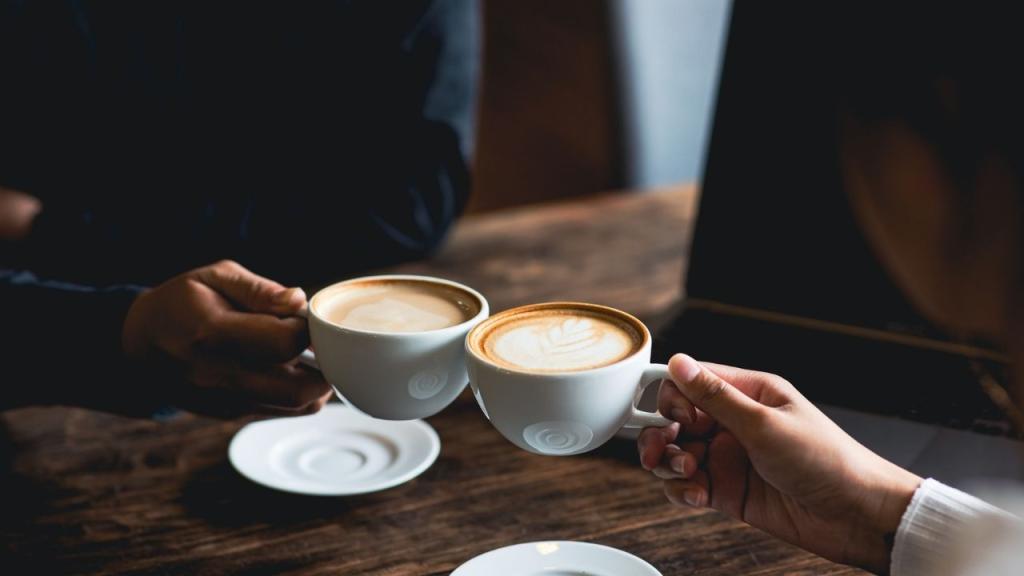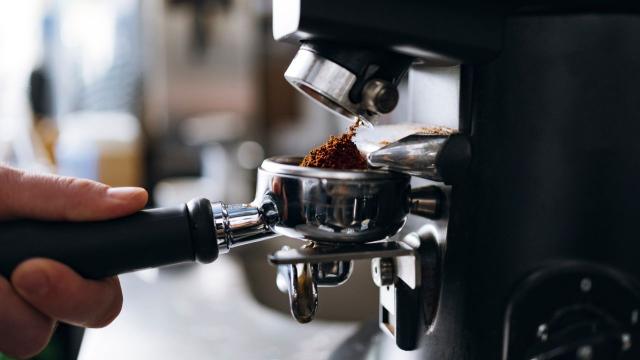When it comes to coffee in Australia it’s safe to say our standards are high. It’s easy enough to go to any corner store and pick up a decent barista-made coffee, but it’s not as convenient as making it at home. That’s where you learn that the art of making a good coffee is not as simple as you think, but a new study may have cracked the secret to nailing the coffee grind.
These latest findings are from a study completed in early December by researchers at the University of Oregon. The research attempted to address why coffee grinds go absolutely everywhere in the prep process and what the trick to a top grind is.
The results found that adding a bit of water to the coffee beans before grinding them can reduce the amount of static electricity between the grinds, resulting in less clumps and a more even extraction of flavour.
“Coffee grinding produces large quantities of static charge due to both fracturing and rubbing. Charge causes particle aggregation and discharge, a familiar problem in industrial coffee production. This study demonstrates that the magnitude of charge depends on the roast profile and, more importantly, the internal moisture content of whole-bean coffee. In an effort to control the charge, we demonstrate that the addition of external water mitigates its accumulation during grinding and promotes particle declumping,” the researchers claimed in the article summary.
“…We demonstrate that the addition of external water simultaneously suppresses surface charging and clumping of ground coffee and results in notably different flow dynamics in espresso formats, likely yielding markedly different taste profiles and more concentrated extracts.”

The process of adding water to beans before grinding is not a new one, with many baristas aware of the secret. However, this study has now scientifically proven that the trick is a sound one.
The team tested this by using different types of coffee and grind settings, placing a Faraday cup underneath the machine to measure the electrical charge of each batch. Coffee varieties were also tested with a spritz of water before each grind, finding that this reduced the amount of static electricity.
“Water not only reduces static electricity and therefore reduces mess as you’re grinding, but it can also make a major impact on the intensity of the beverage and, potentially, the ability to access higher concentrations of favorable flavors,” Christopher Hendon, a computational materials chemist at the University of Oregon and one of the authors of the paper, told Ars Technica.
The research also found that lighter roasts held more internal moisture than darker roasts, which is something to take into account before grinding.
All this is to say that if you’re grinding your own coffee beans at home, a splash of water may help you achieve that better brew.
If you’d prefer some tips on making a cold brew coffee at home, we have a guide for you here.

Leave a Reply
You must be logged in to post a comment.